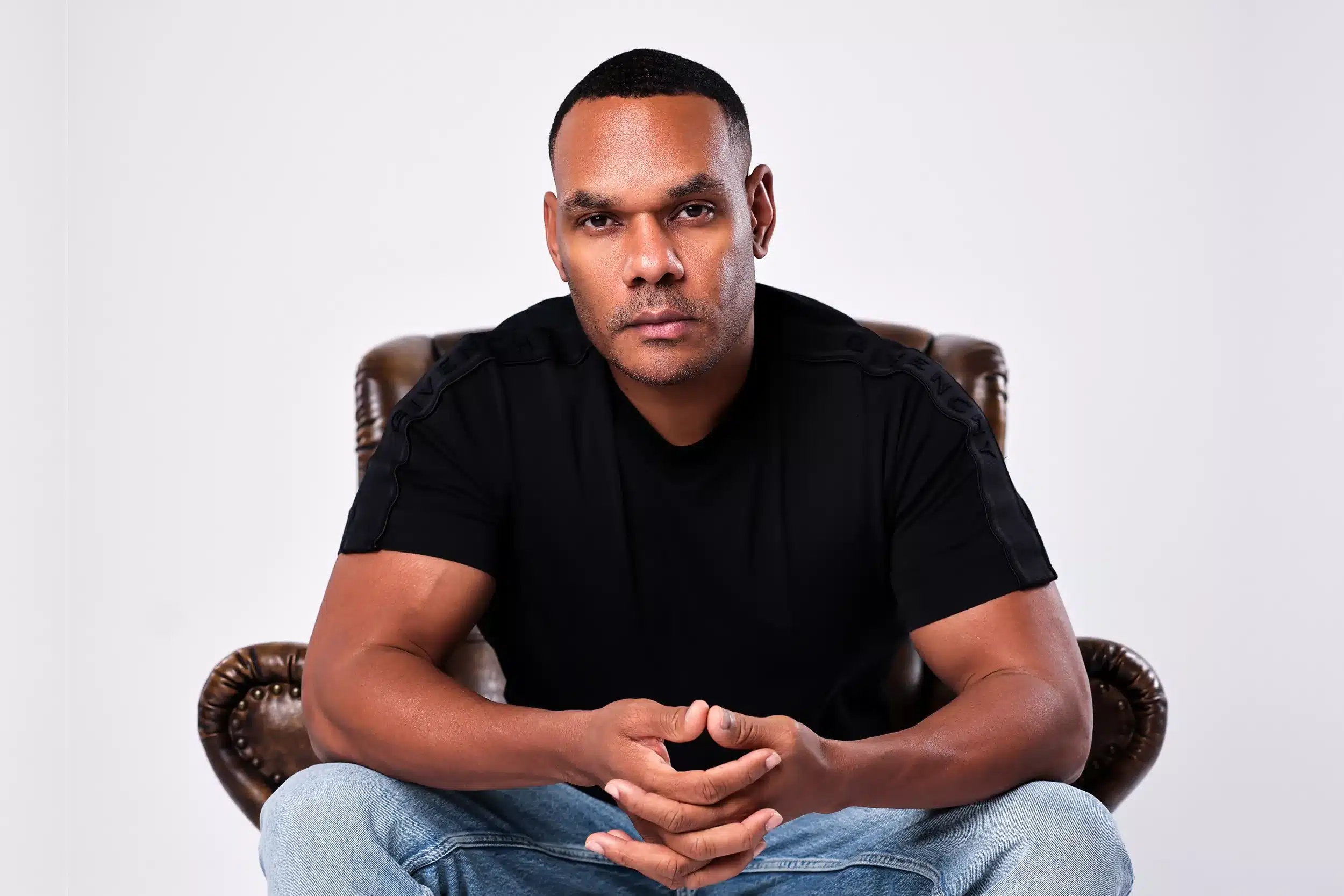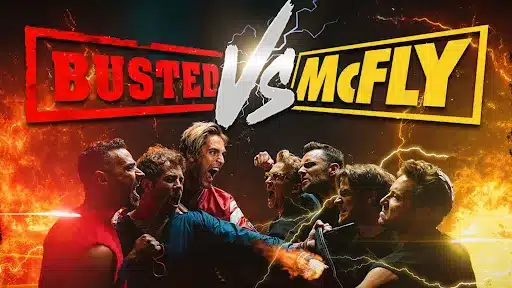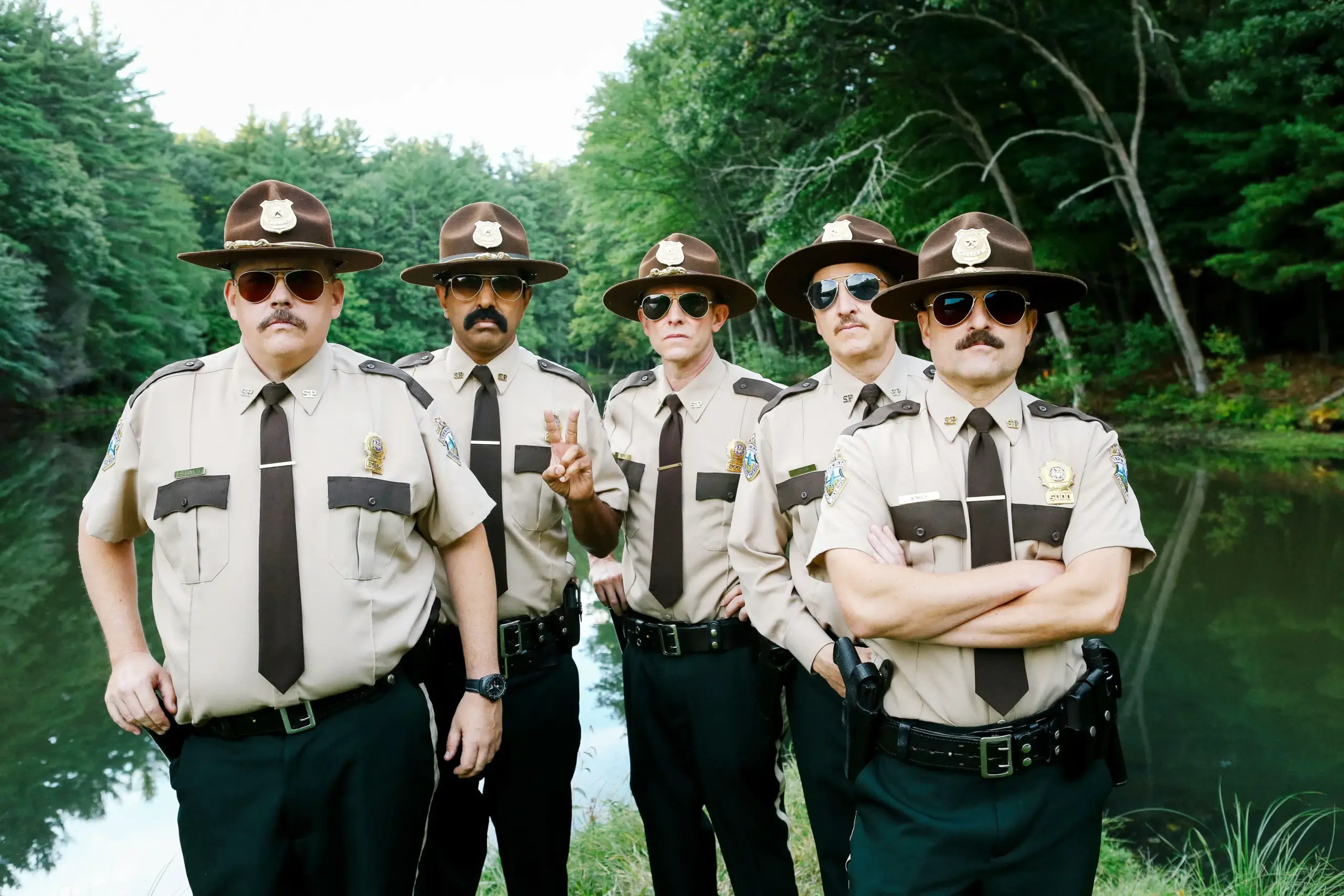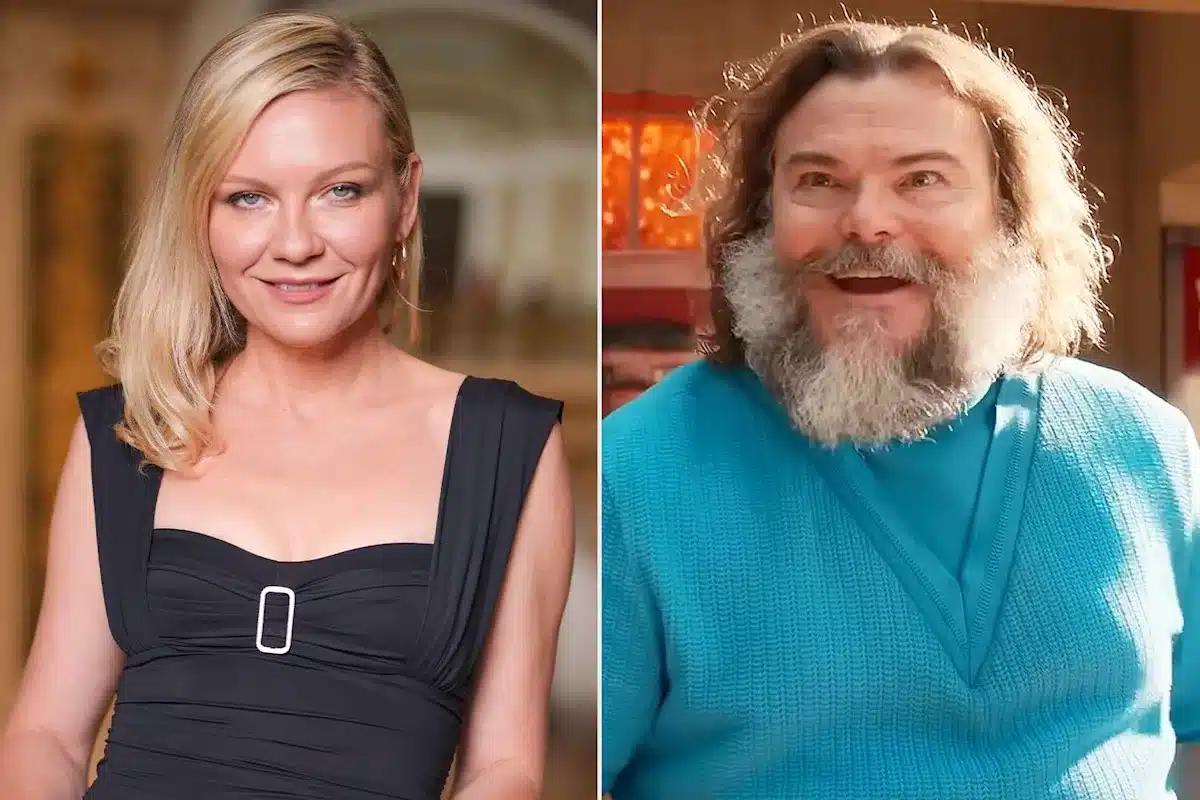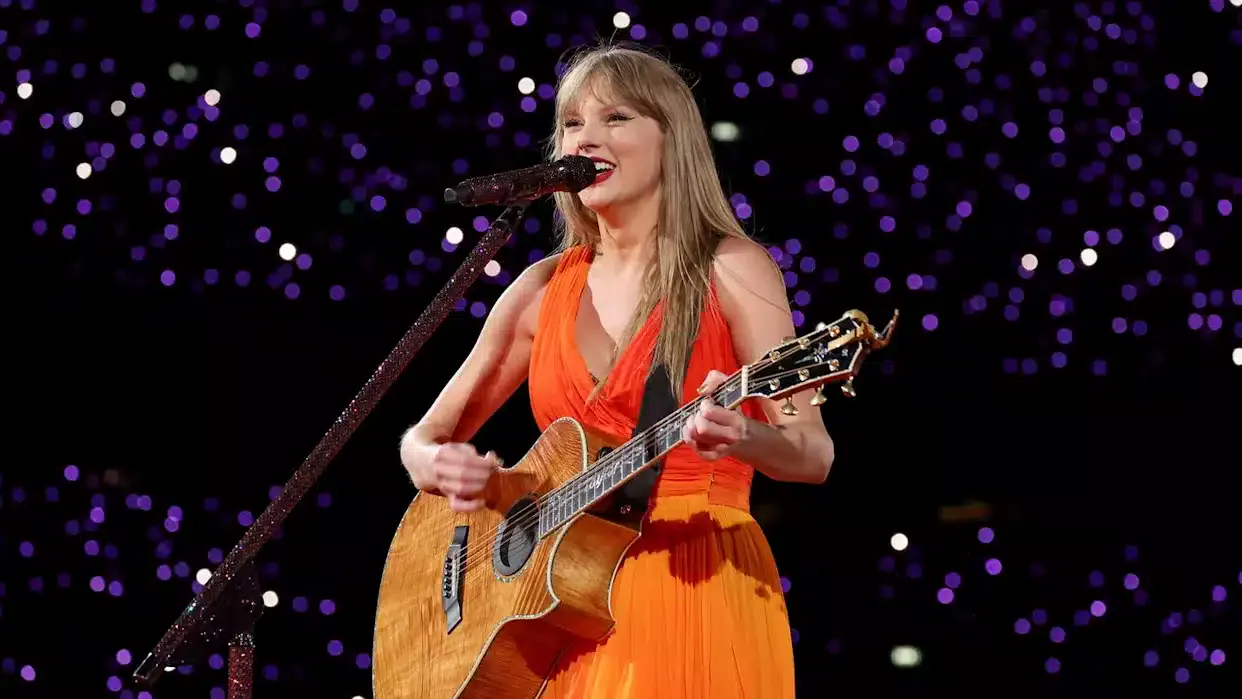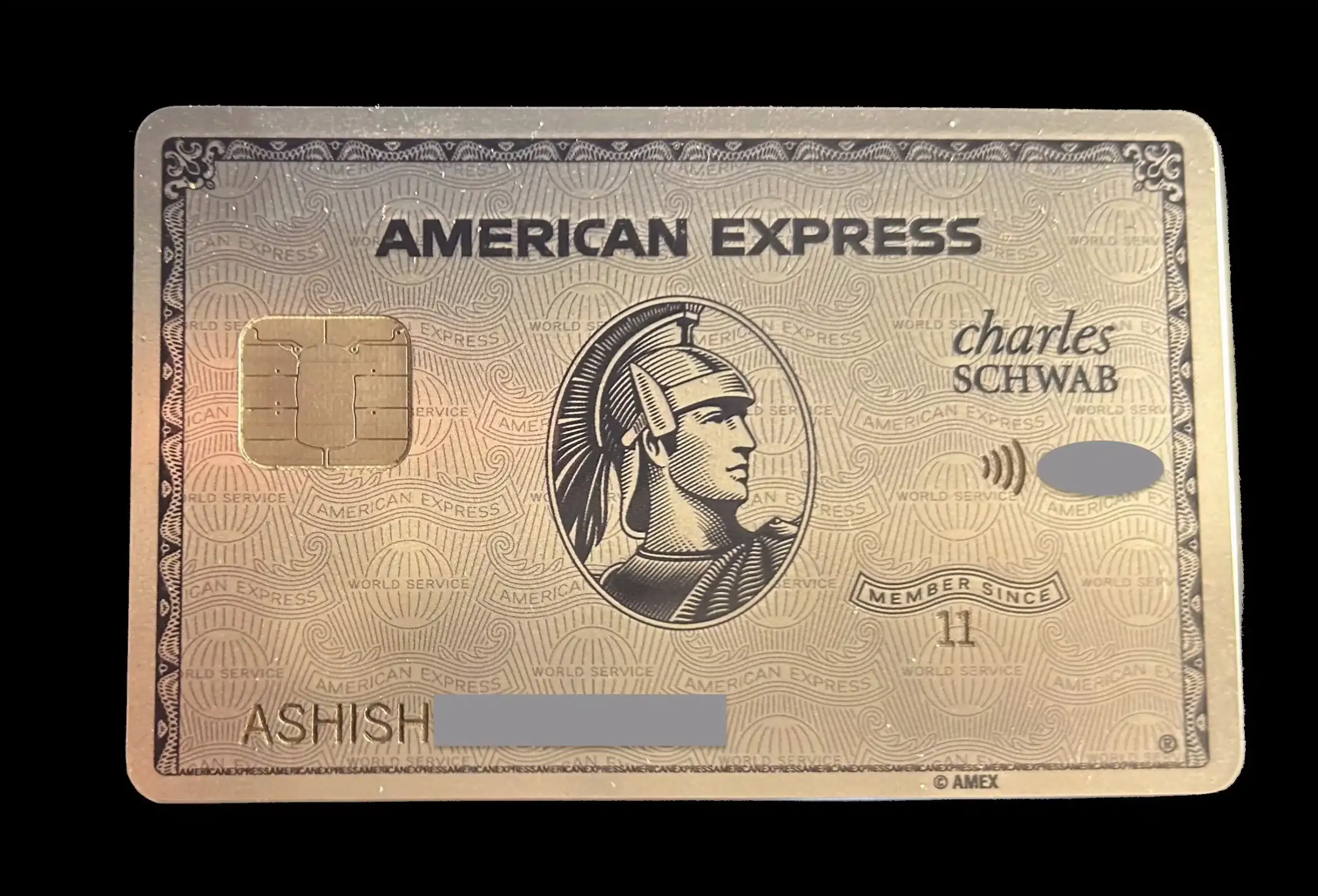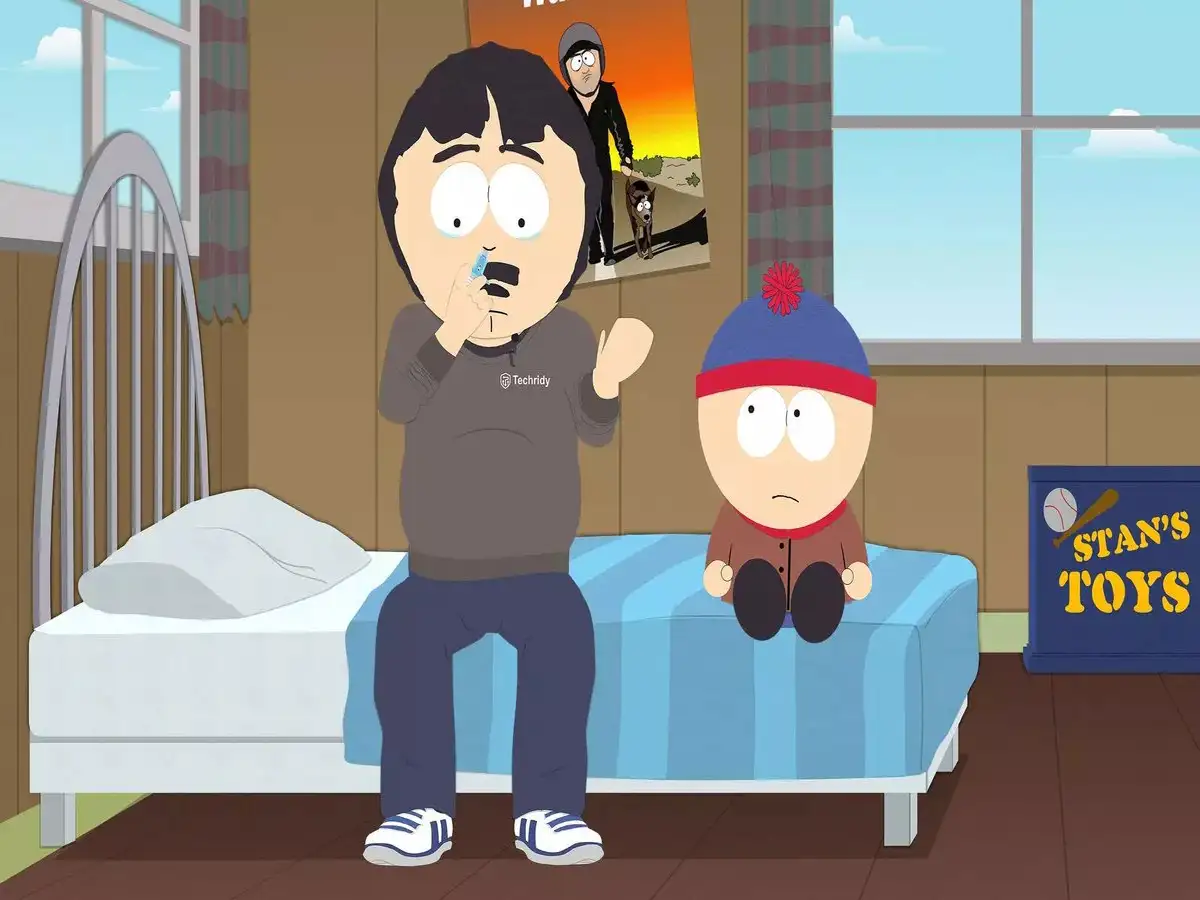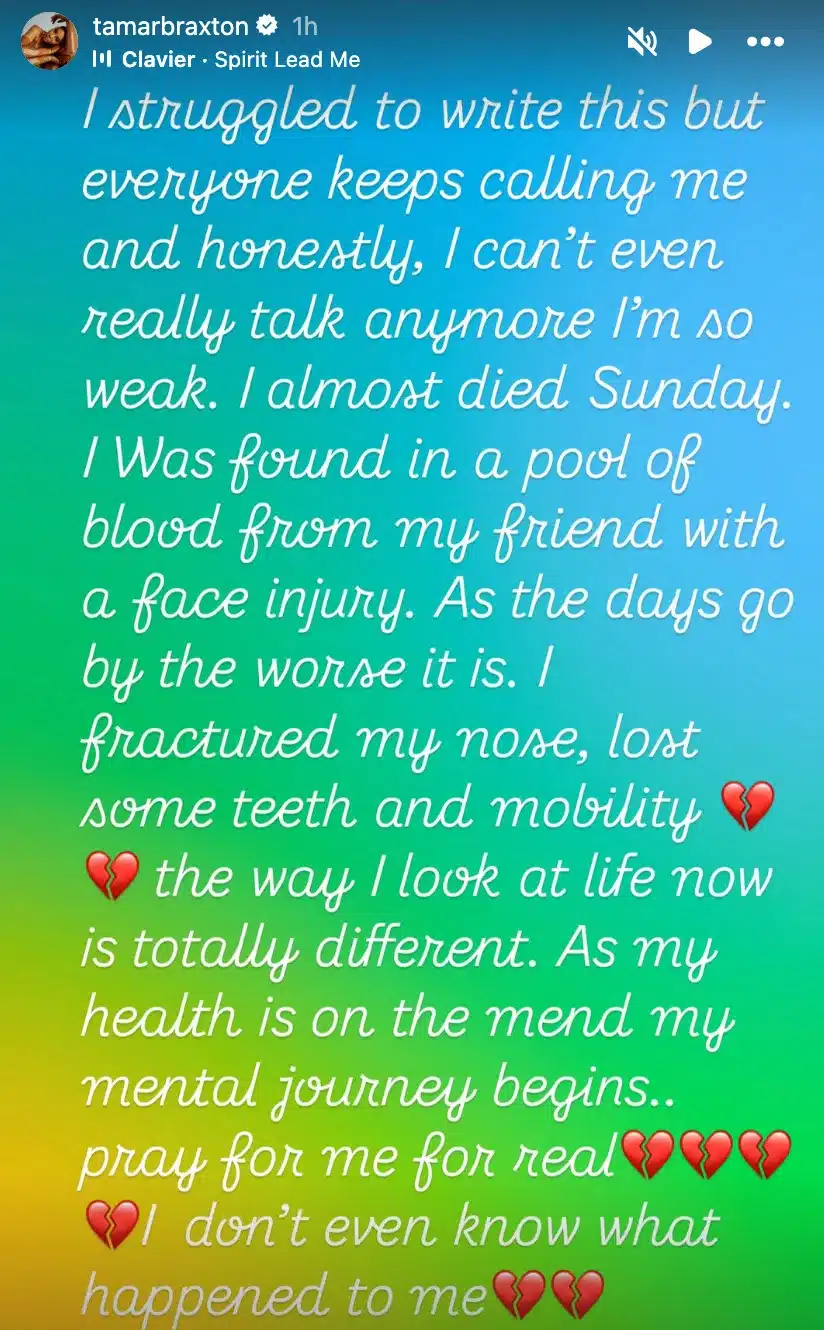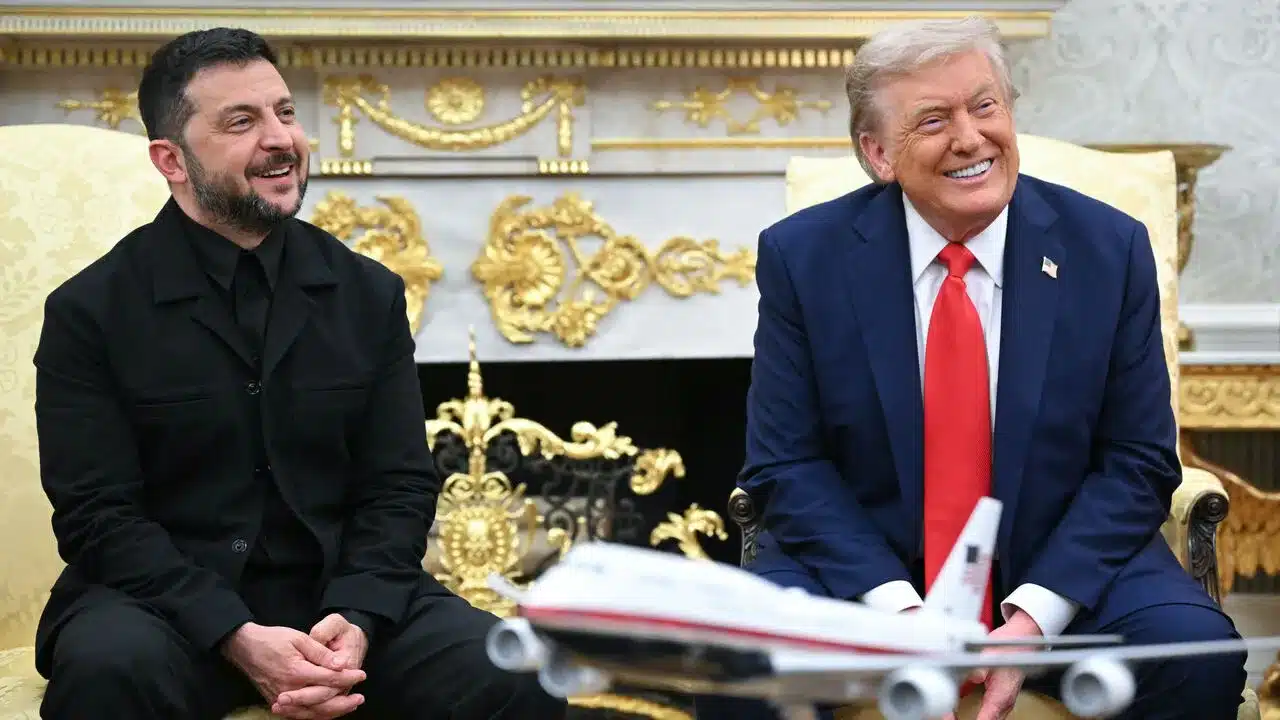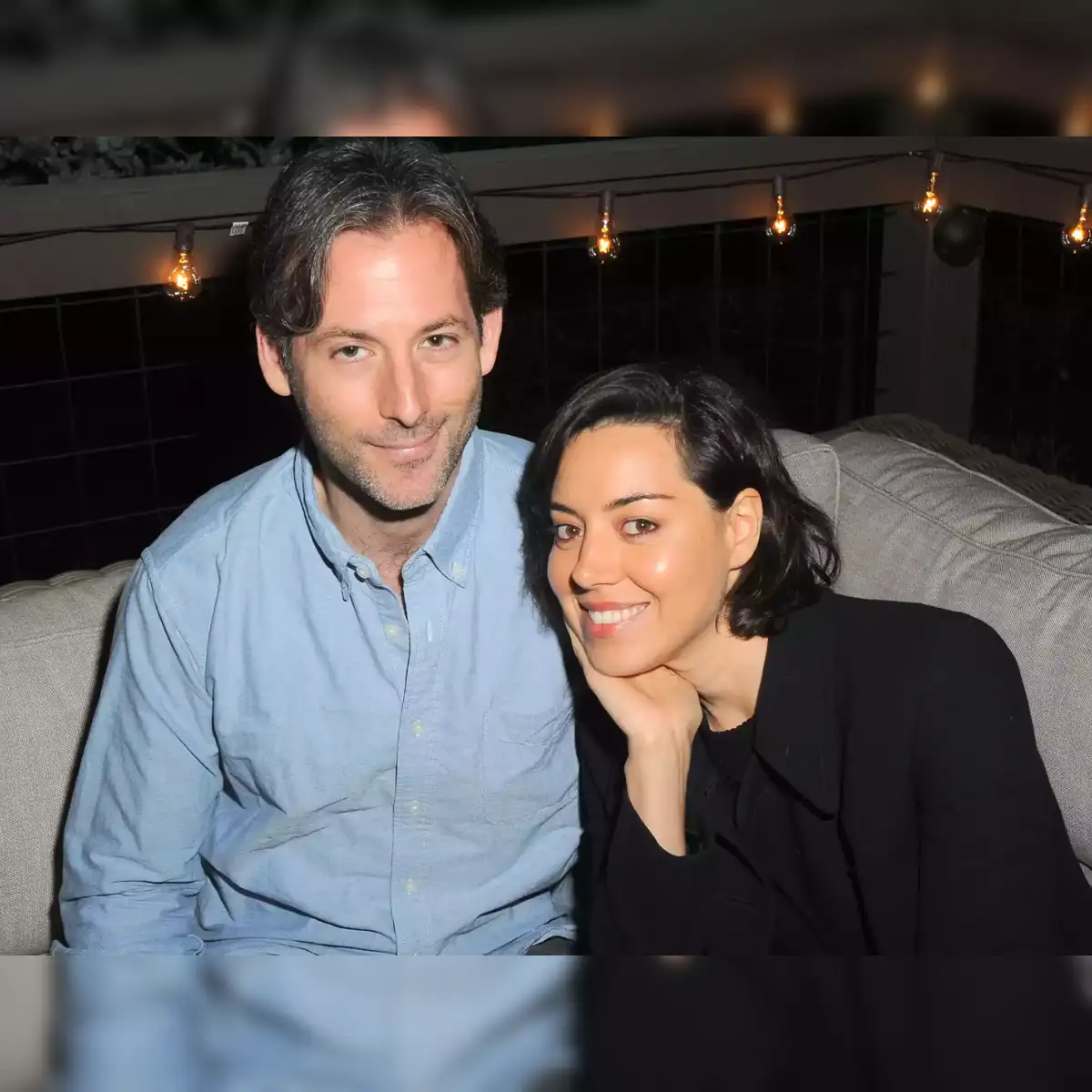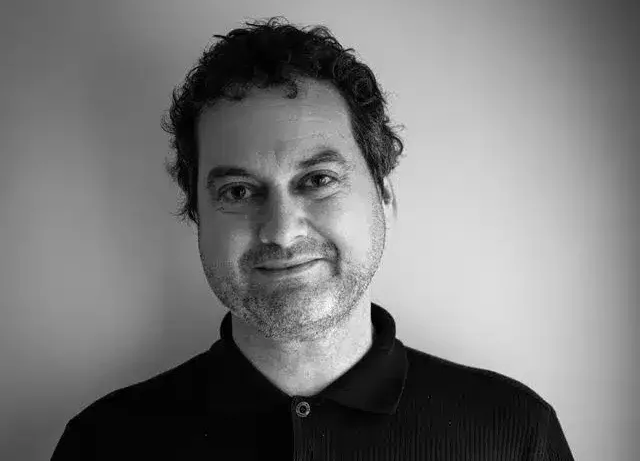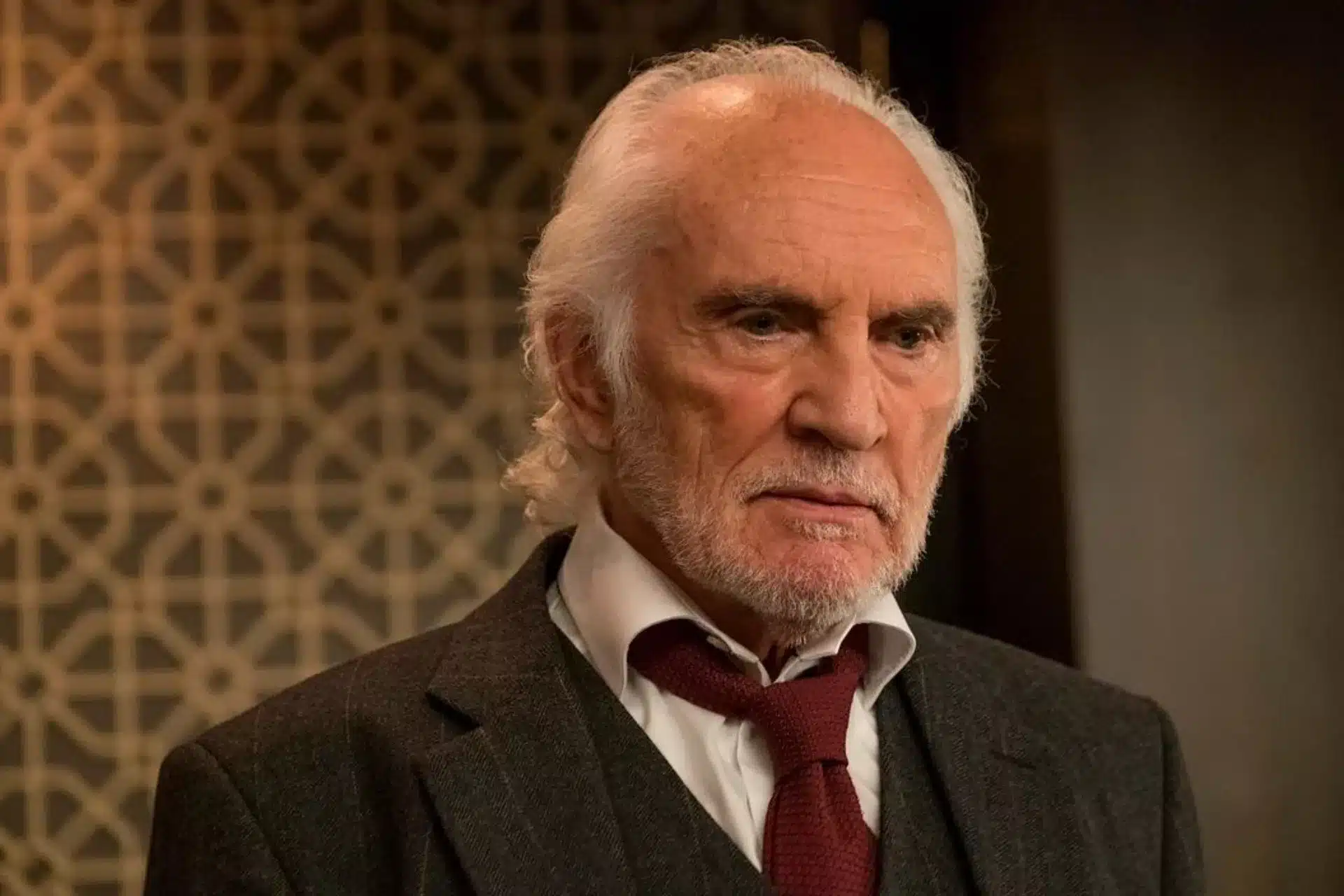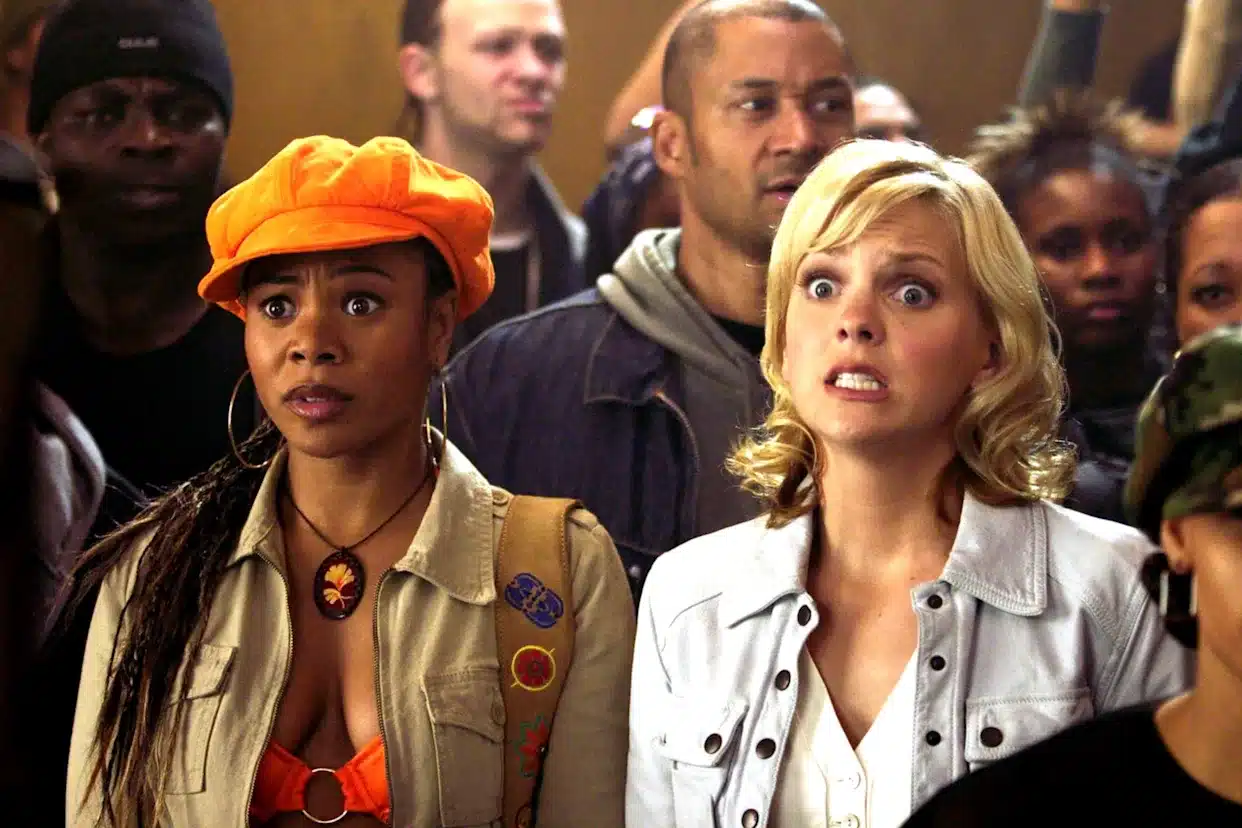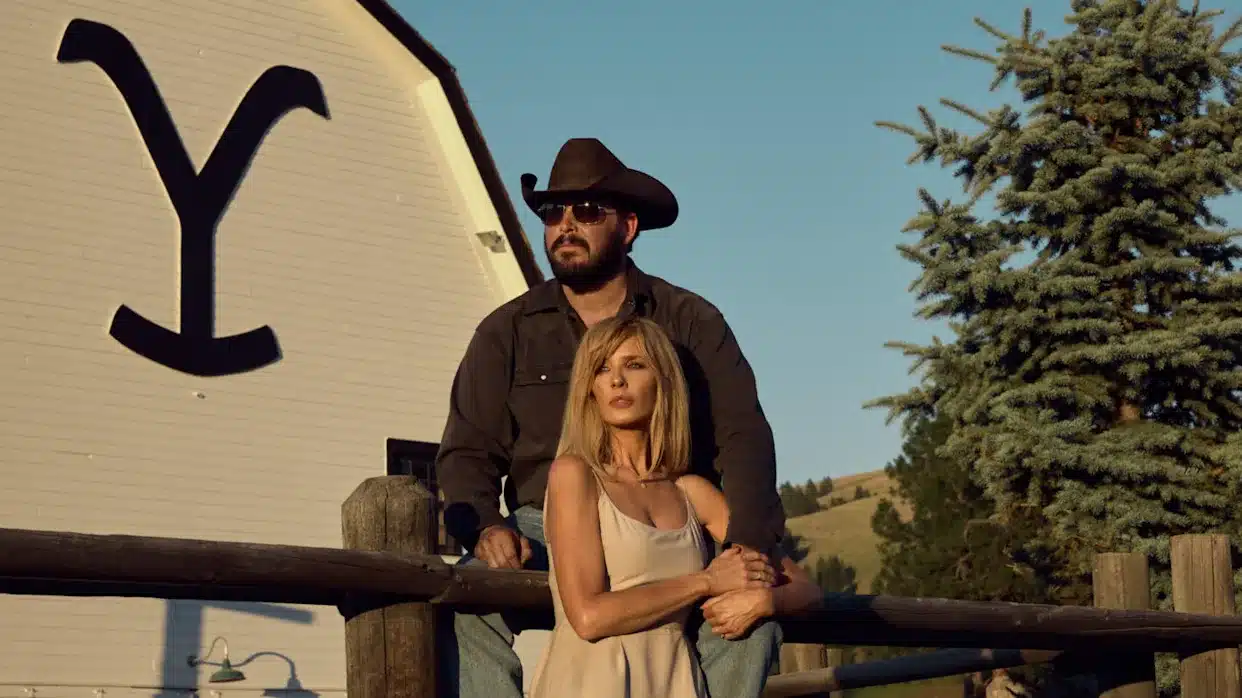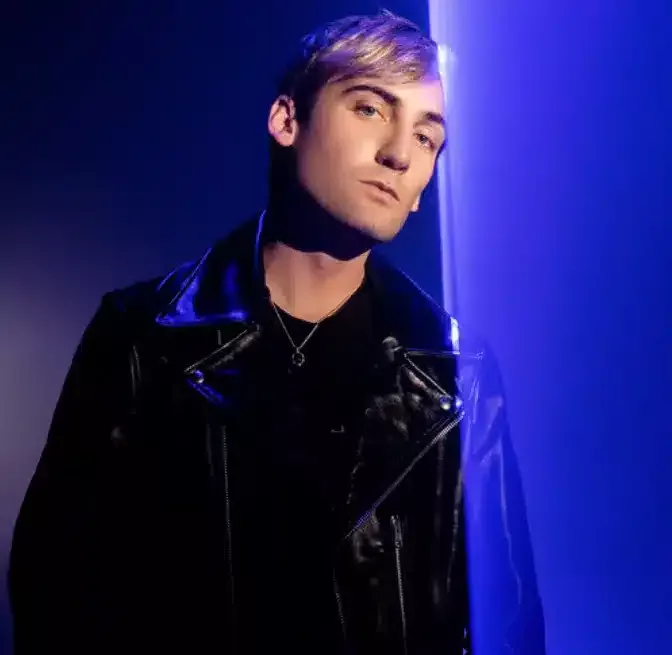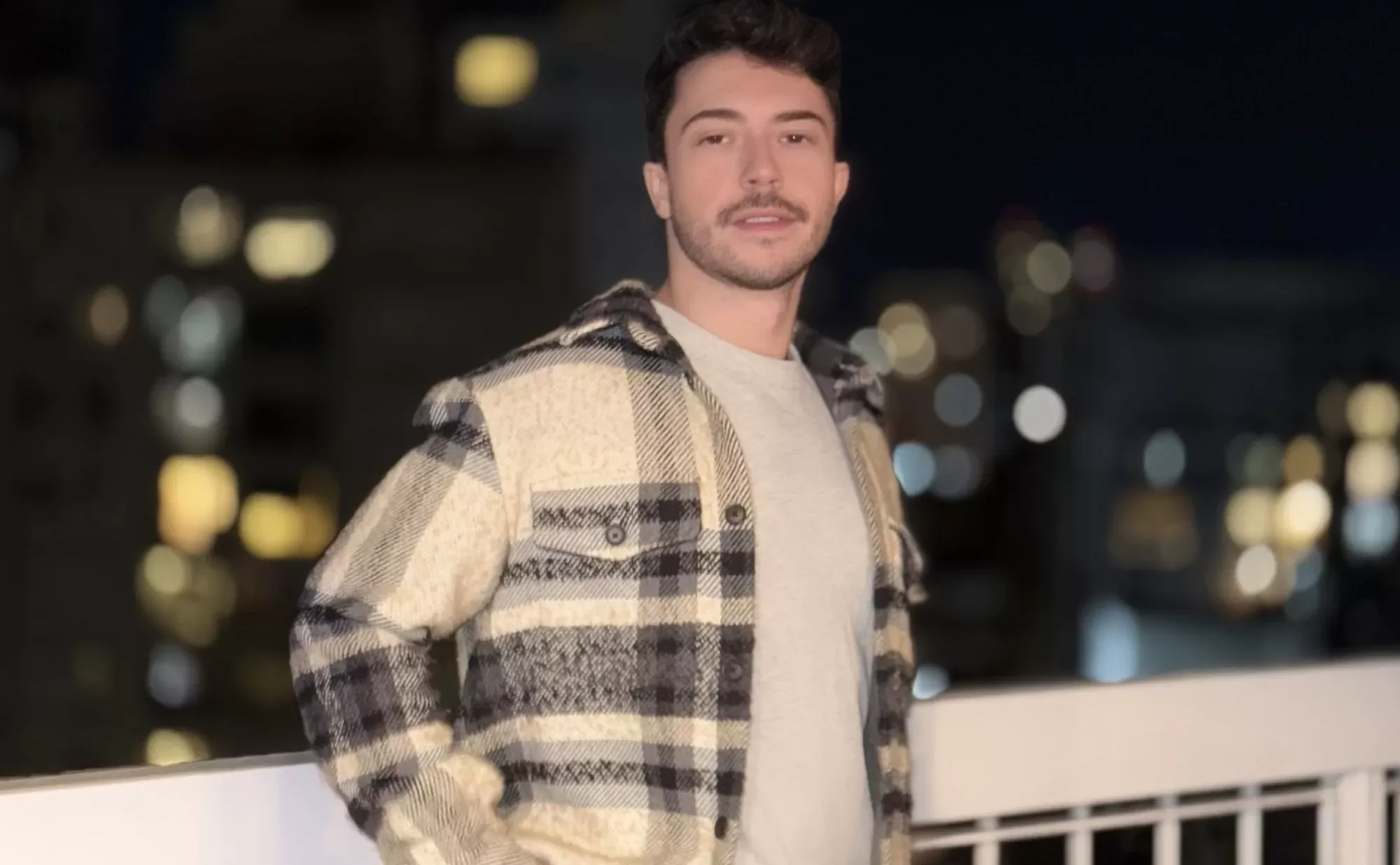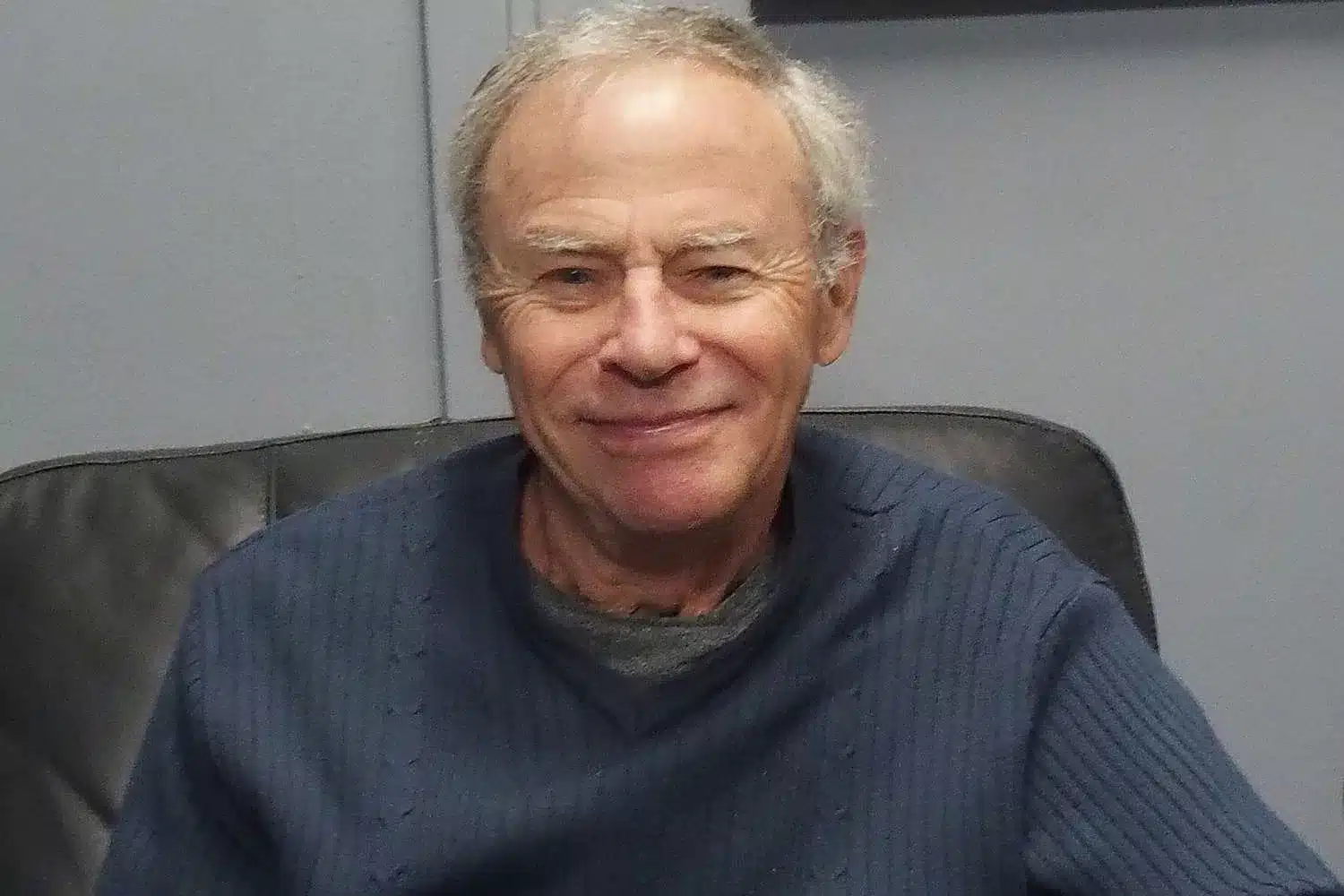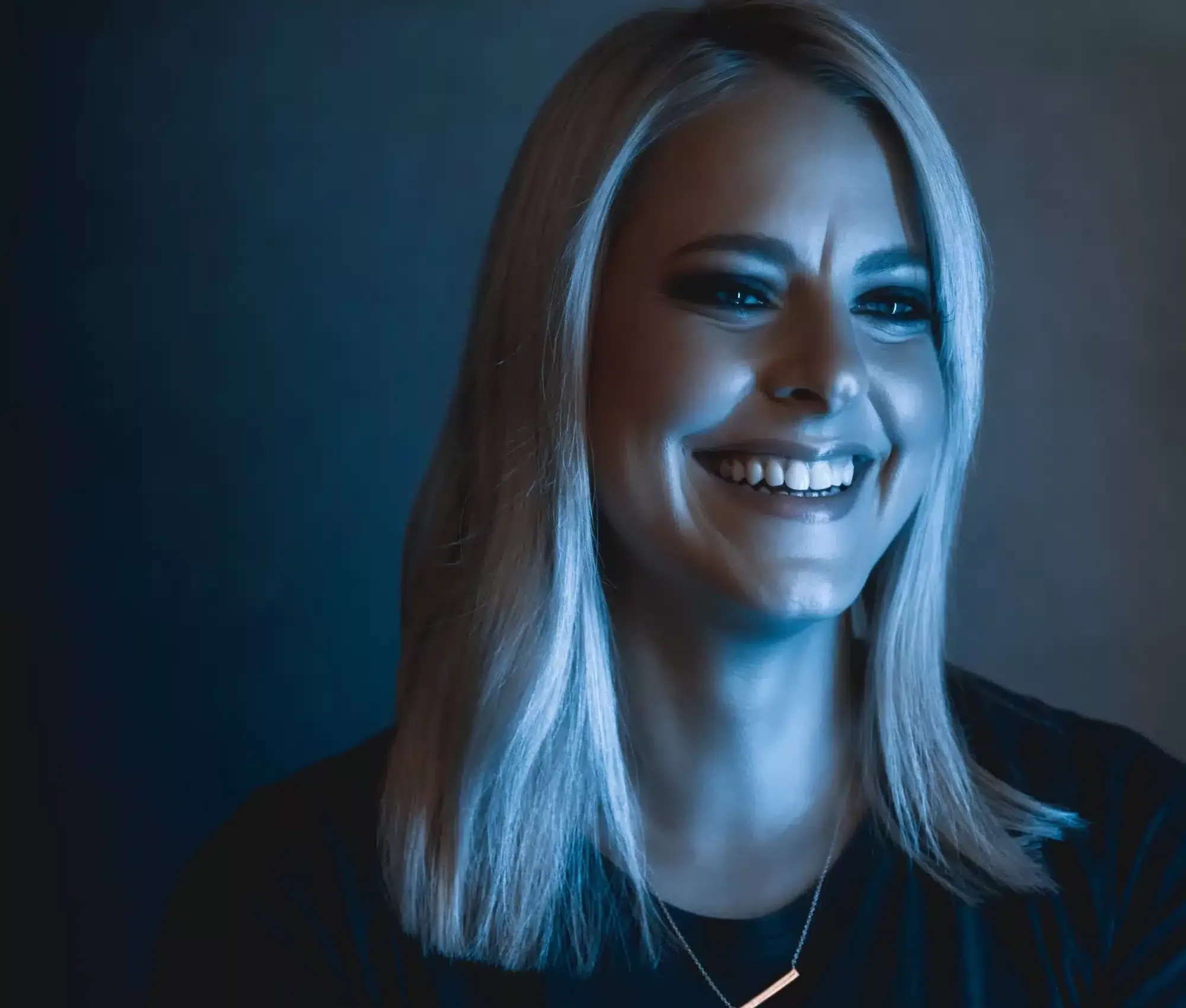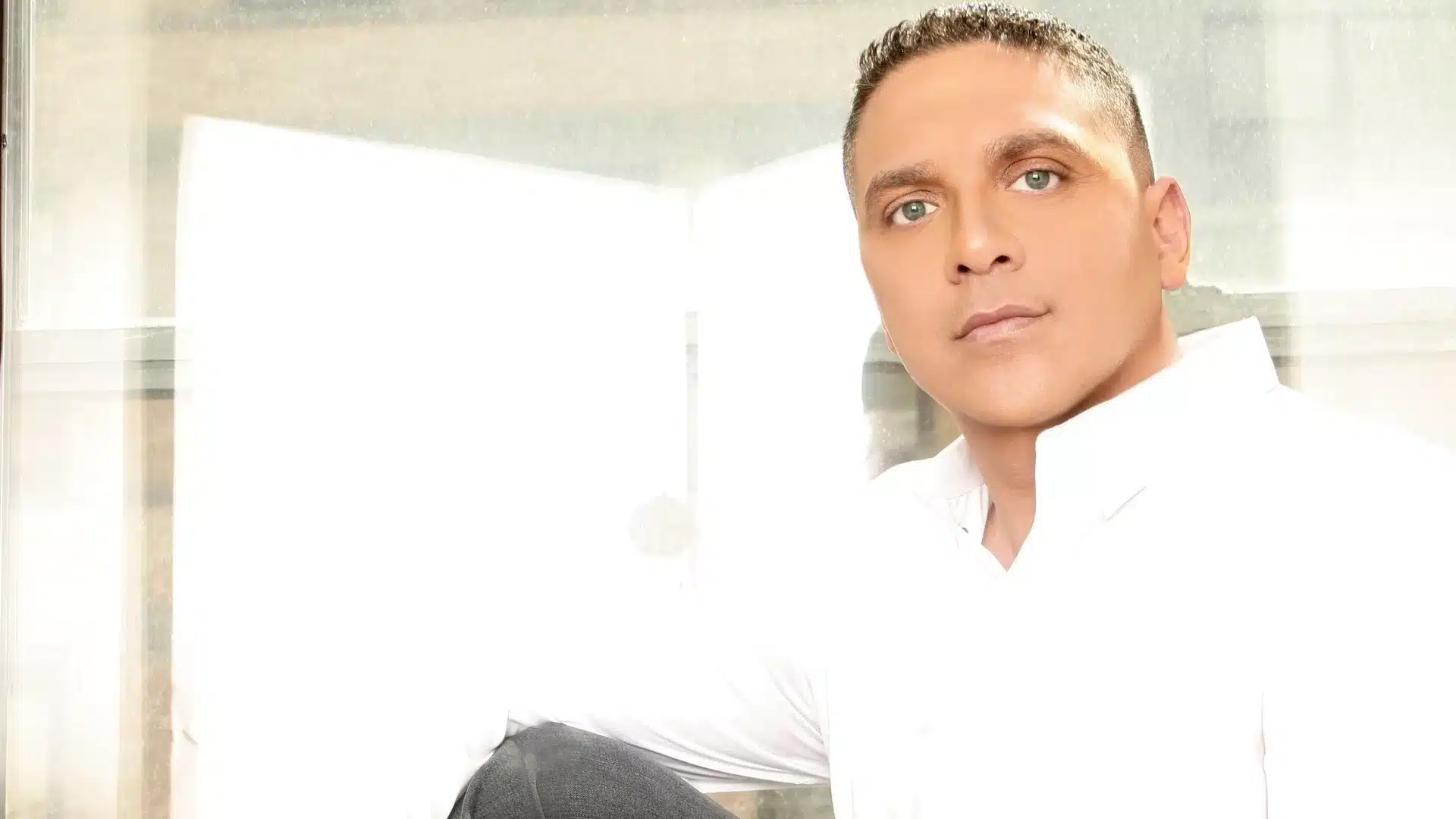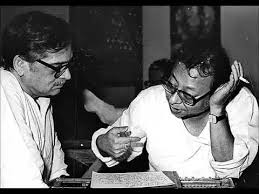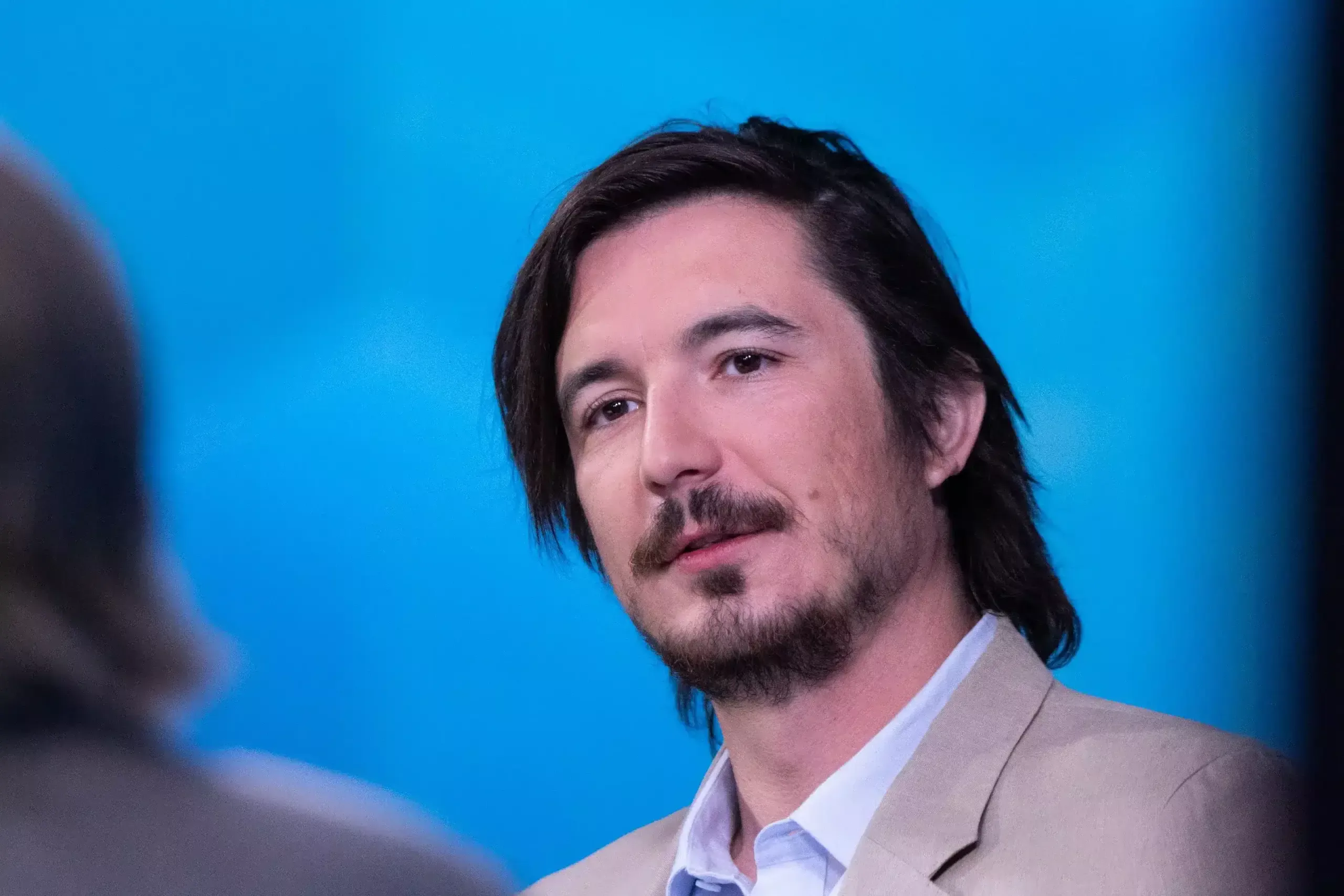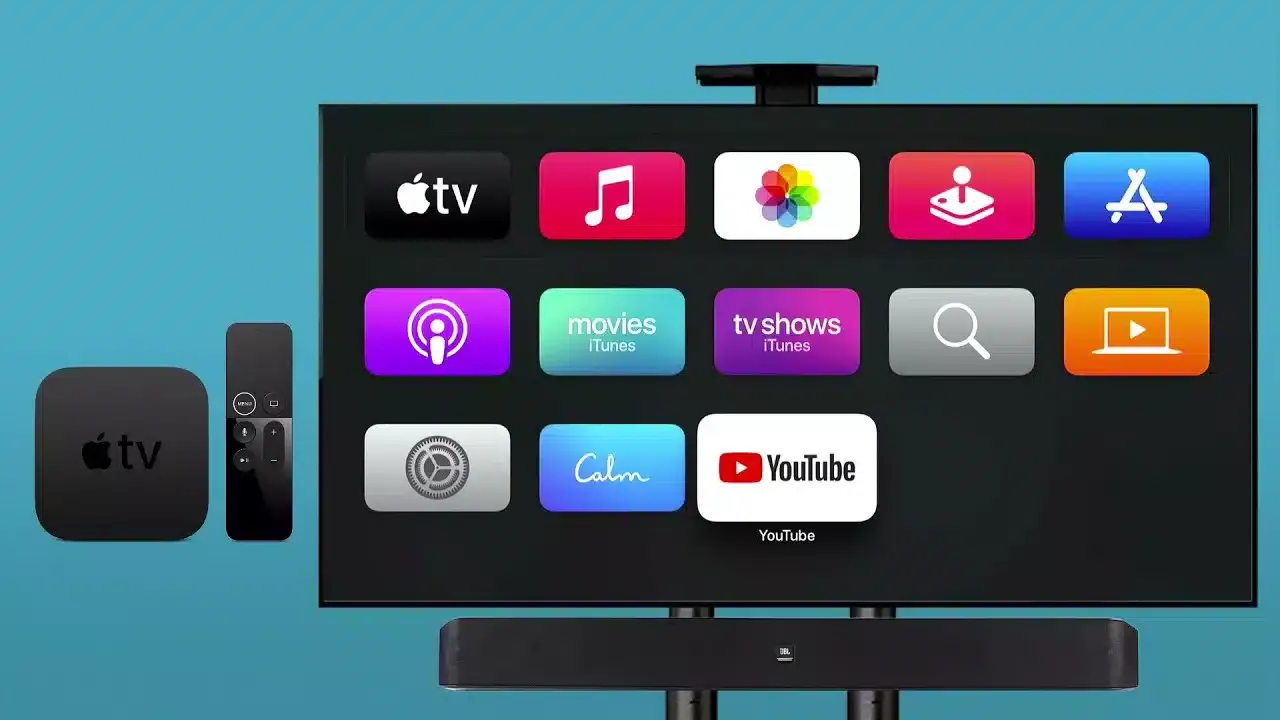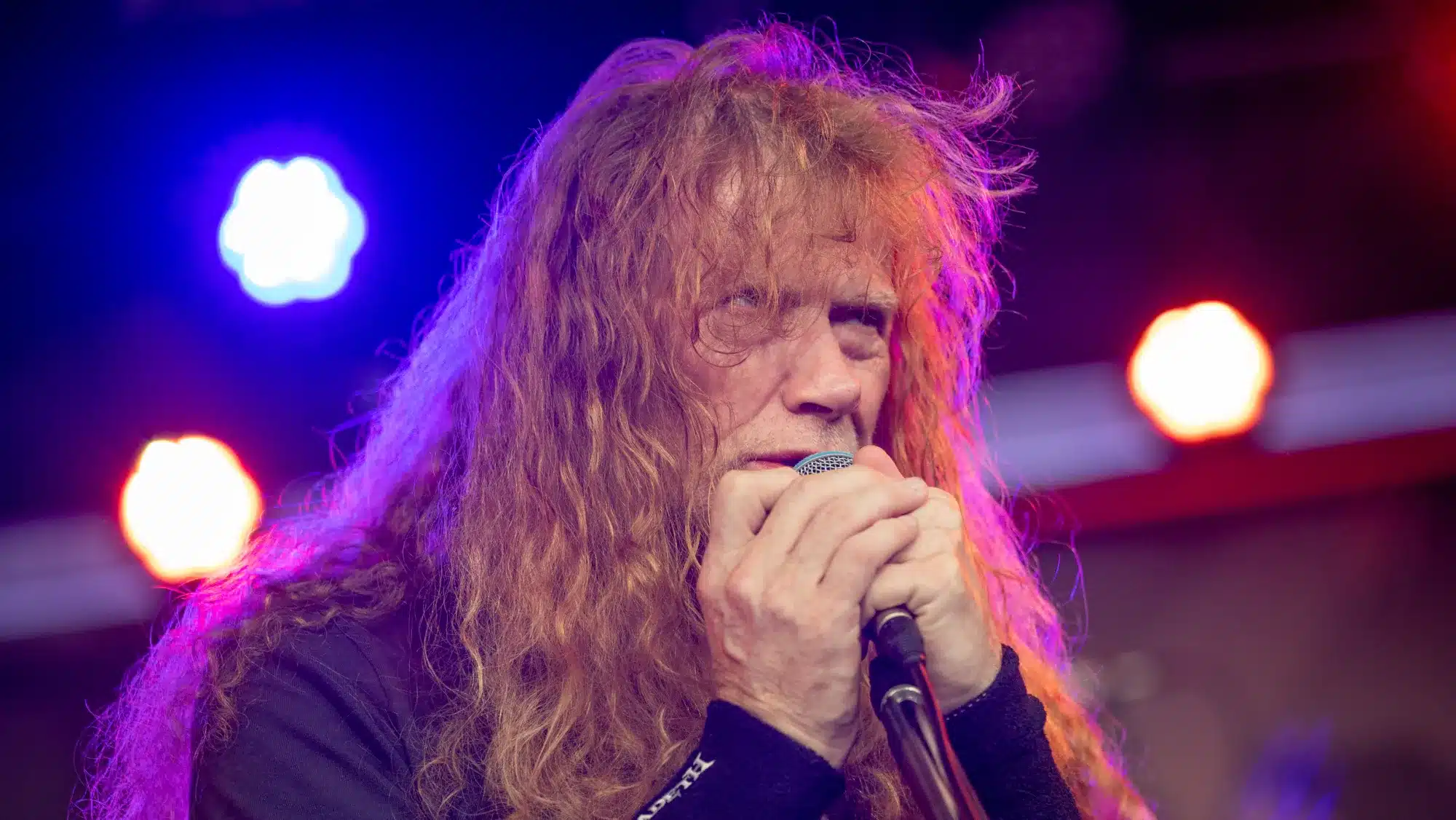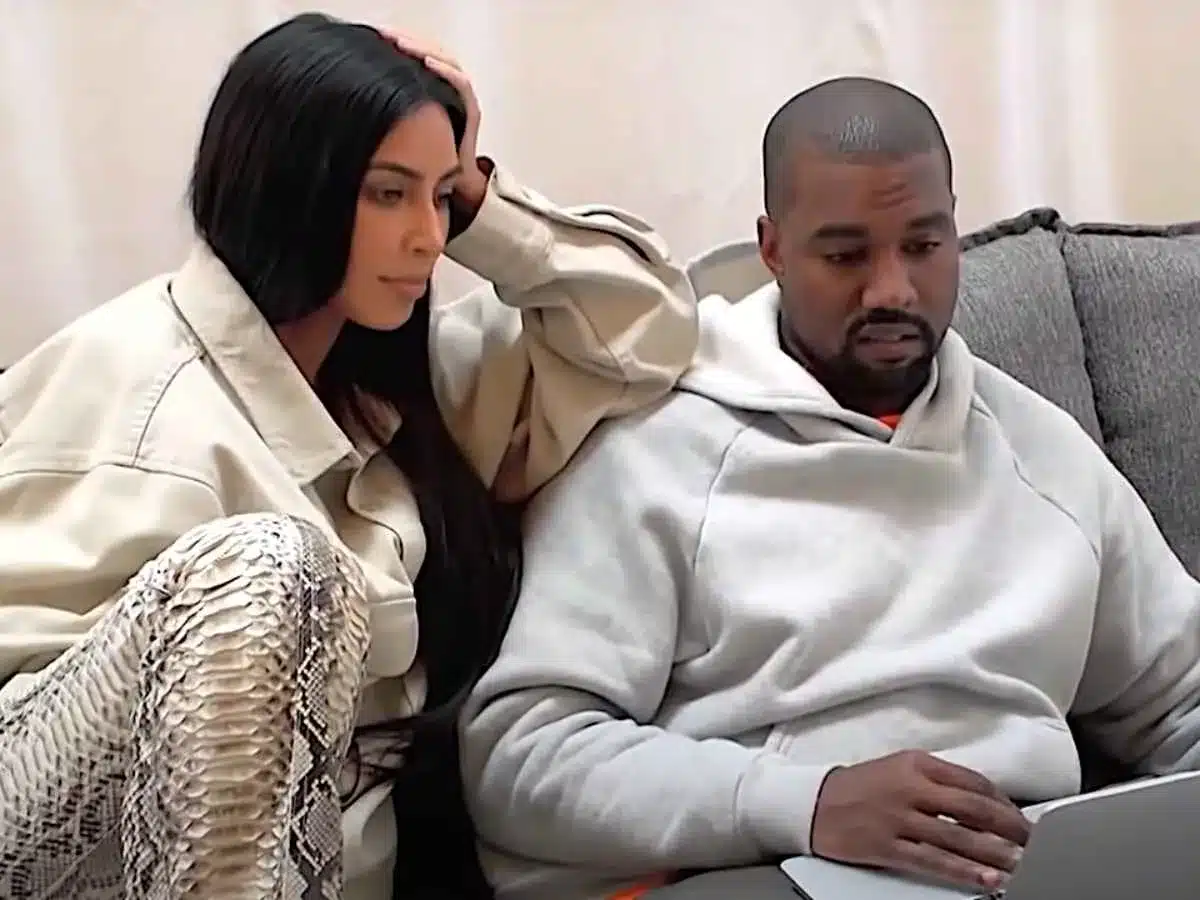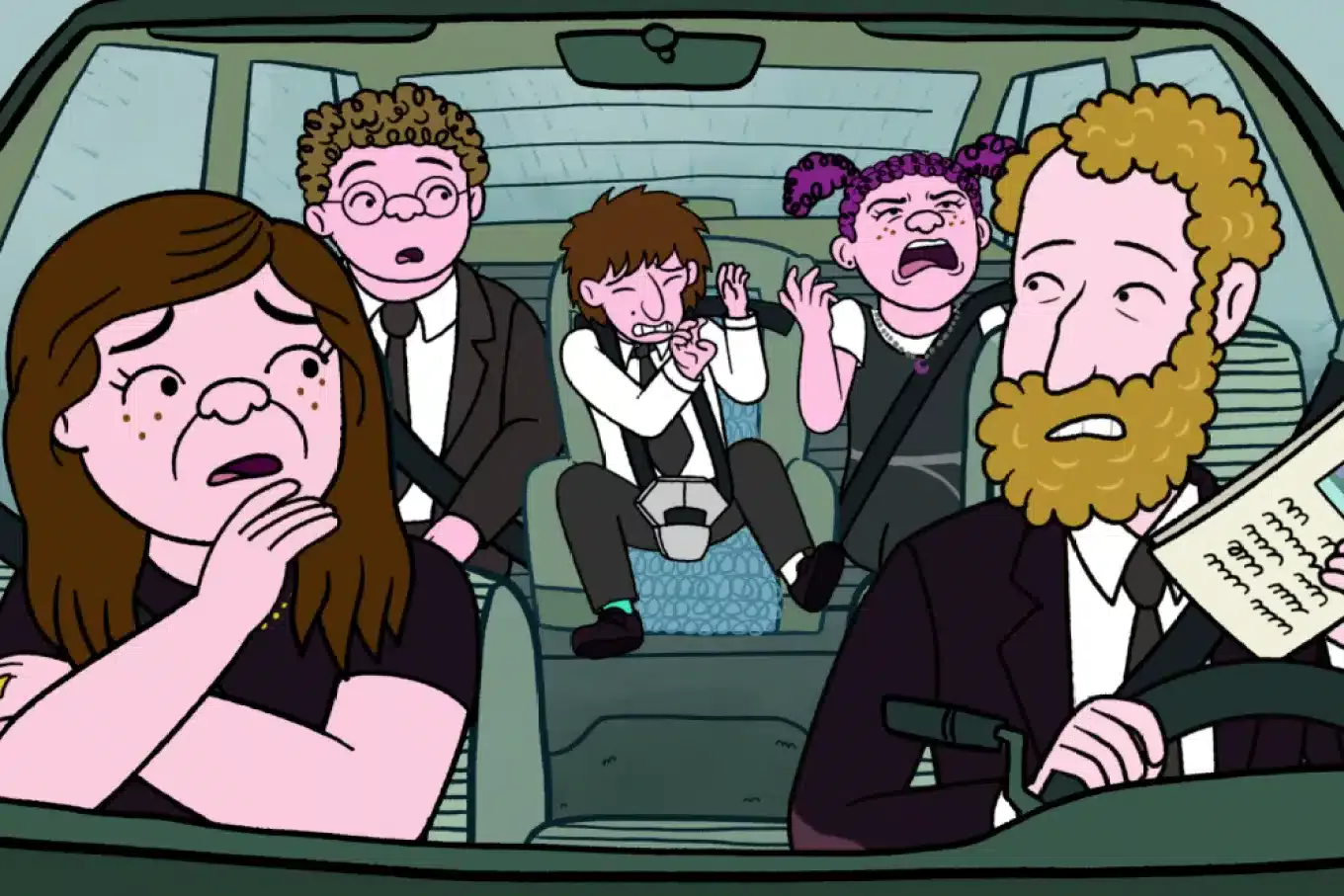
For BoJack Horseman fans, Raphael Bob-Waksberg’s writing has always had a certain heft – a balance of absurdist humor and heartbreakingly heavy emotional resonance.
That’s why the release of his new Netflix show Long Story Short is met with both anticipation and apprehension. Could the new show perhaps match the emotional wallop and cultural relevance of his previous masterpiece? The response, although varied, is remarkably invigorating: Long Story Short is not another story of a celebrity horse down on his luck but a family epic that is every bit as ambitious, every bit as hilarious, and every bit as deeply affecting.
The series, premiering August 22 on Netflix, is about the Schwoopers, a disheveled and ridiculously relatable Jewish family. Spanning across various timelines, it cuts from the 1950s to the 2020s, weaving together moments of love, conflict between generations, parenting, heartbreak, joy, and loss. Unlike most dramas, which are rooted in a single dominant era, Long Story Short gives equal significance to every time period and to every member of the family, weaving them together into a tapestry of memory and experience. It’s a narrative that emphasizes the inevitability of change yet reinforces the timelessness of family ties.
Ultimately, the series celebrates Jewish identity in a manner that is unapologetic, exuberant, and thoroughly ingrained within its DNA. Naomi Schwartz is the classic Jewish matriarch, critical and boastful, while her daughter Shira is an updated version of Jewishness with her girlfriend Kendra. The comedy is proudly saturated in cultural references – a bar mitzvah storyline includes phrases like, “Mr. Leibowitz was kvellin’ like a felon!
” All these tidbits confer specificity and authenticity upon the series, enabling it to appeal beyond its cultural confines while being faithful to its origins. Naturally, humor is no less crucial here than sadness. Schwooper dinner table repartee is a blur of speed, with witty wordplay, outlandish situations, and surprise punchlines. A reCAPTCHA challenge that gets “bisexuals” and “bicycles” confused is just one of several instances that demonstrate Bob-Waksberg’s unique mix of cynicism and existential comedy.
The surrealism is offset by some moments of wrenching sensitivity – an episode synagogue scene with Kendra is one that catches the humanity beneath the humor.
The show’s time-jumping format invites comparisons to Merrily We Roll Along, Boyhood, or Pachinko, but its voice remains distinct. With just 10 half-hour episodes, Long Story Short never overstays its welcome, yet leaves audiences yearning for more. Netflix has already renewed the series, a testament to its early impact.
In the end, Long Story Short is not BoJack Horseman, and it does not have to be. Rather, it’s a witty, affecting, and unflinchingly Jewish family comedy that injects absurdist humor with flashes of stunning emotional insight. It’s a testament that television can still catch us off guard, still cut us up, and still find beauty in the painful progression of time.






